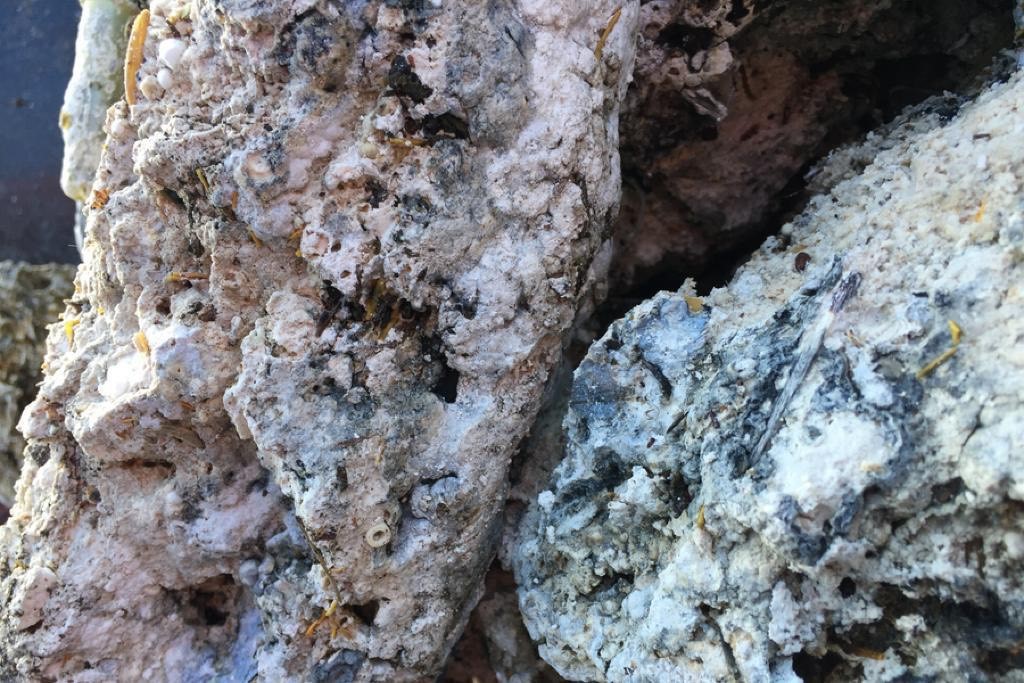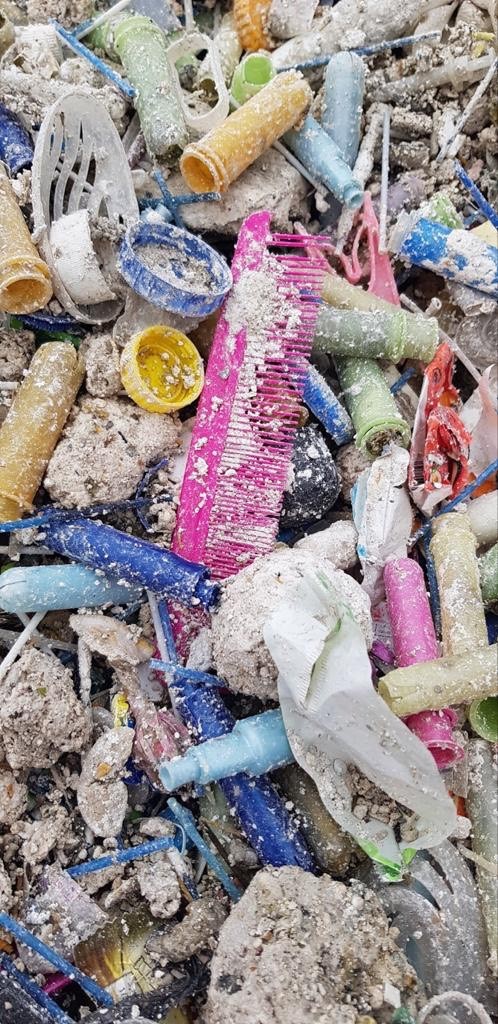A foot long fatberg and a skip full of wrongly flushed items have been removed by Northumbrian Water from a clogged up North East sewer.
A large, hard, fatberg made up of congealed fats, oils and greases, was found at one of the company's sewage treatment works in the Cambois area, along with items ranging from wet wipes, nappies, cotton buds, condoms, sanitary products and needles that had all been wrongly flushed into the sewer system.
The fatberg, measuring around a foot long and around ten inches wide, took sewage crews a full day to remove from the treatment works in Northumberland.
Fatbergs form when fats, oils and grease (FOG) are wrongly poured down the sink and then harden in the sewer network. They then block pipes and items like wet wipes stick to them causing them to grow in size and cause problems. FOG should be cooled before being disposed of in a bin.
Simon Cyhanko, Head of Wastewater Networks at Northumbrian Water, said: "Fatbergs are a nightmare for us and this one in Cambois could have caused us real issues. Luckily our teams spotted it during maintenance work and were able to remove it before it caused any serious damage.
"Although fatbergs are a problem for us, wet wipes are the main cause of blockages, and we need our customer's help by making one simple change - that's to Bin The Wipe.
"Blockages can have devastating consequences, from people's homes being flooded to the environment being polluted, but just by binning the wipe, this small change will make a massive difference.
"It's rarely the case wet wipes are ‘flushable' despite being promoted on the packaging they are. They may leave your toilet bowl when flushed but can clog up householders' plumbing and can also cause blockages in our network of sewer pipes.
"Even biodegradable products often don't break down as quickly as toilet paper and can linger in sewer pipes, contributing to blockages. If customers are going to use any sort of wipe, then please put them in a bin, toilets are not a bin."


